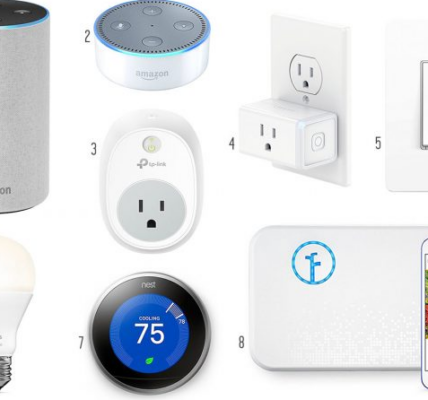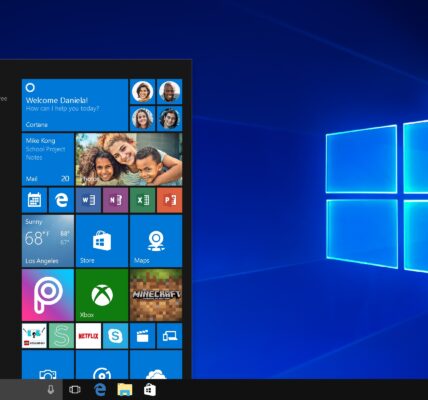Wearable technology has emerged as a disruptive force in the realm of gadgets and innovation, ushering in a new era of convenience, connectivity, and personal health monitoring. In this article, we delve into the multifaceted landscape of wearable technology, exploring its evolution, its impact on our daily lives, and the exciting future it promises.
The Evolution of Wearable Tech
Wearable technology, often referred to as wearables, has a rich history dating back to the earliest calculators and digital watches. However, it was in the 21st century that wearables truly began to evolve beyond mere timekeeping. Devices like the Fitbit and Apple Watch brought health and fitness tracking to the forefront, while Google Glass introduced the concept of augmented reality.
Diverse Applications
Wearable technology isn’t limited to fitness trackers and smartwatches; its applications are diverse. From smart clothing that monitors vital signs to augmented reality headsets that enhance workplace productivity, wearables span various industries. Medical wearables help patients manage chronic conditions, and even the fashion industry has embraced tech-infused garments.
Health and Fitness Tracking
One of the most prominent applications of wearables is in health and fitness tracking. Wearable devices equipped with sensors monitor heart rate, steps taken, sleep patterns, and more. They empower individuals to take charge of their well-being, providing real-time data that can be invaluable for making healthier choices.
The Smartwatch Revolution
Smartwatches have become an integral part of many people’s lives. Beyond telling time, they offer notifications, weather updates, and the ability to answer calls or send messages. Features like GPS, music storage, and voice assistants make them powerful companions for modern living.
The Future of Augmented Reality
Augmented reality (AR) wearables, like AR glasses, are poised to redefine how we interact with the world. From providing heads-up displays for professionals to offering immersive gaming experiences, AR technology opens new dimensions of human-computer interaction.
Challenges and Privacy Concerns
The rise of wearable technology is not without its challenges. Concerns about privacy and data security have been raised, as these devices collect and transmit personal information. Ethical considerations regarding data usage and consent are essential to address as wearables become more prevalent.
Connectivity and the Internet of Things (IoT)
Wearables are key players in the Internet of Things (IoT) ecosystem. They connect seamlessly with other smart devices, such as smartphones, smart home systems, and even vehicles. This connectivity enables users to control their environment and access information with ease.
The Impact on Industry
Wearable technology is not limited to consumer applications. In industry and enterprise settings, wearables are transforming the way work is done. For example, smart helmets with augmented reality displays assist industrial workers with complex tasks, while medical professionals use wearables to improve patient care.
Accessibility and Inclusivity
Wearable technology has the potential to enhance accessibility and inclusivity. Devices like smart glasses can provide real-time visual aids to those with visual impairments, and hearing aids are integrating technology to offer better sound quality and connectivity options.
The Road Ahead
The future of wearable technology is an exciting one. As innovation continues, we can expect even more integration with daily life. Advances in materials and battery technology will make wearables more comfortable and longer-lasting. The convergence of artificial intelligence, 5G connectivity, and wearable devices will open up new realms of possibilities, from healthcare to entertainment.
In conclusion, the rise of wearable technology is a testament to human ingenuity and the ever-evolving relationship between technology and daily life. As these devices become increasingly sophisticated and seamlessly integrated, they offer convenience, health benefits, and unique opportunities for personalization and customization. With ethical considerations at the forefront, wearables are poised to play an increasingly influential role in shaping the way we live, work, and interact with the world.





